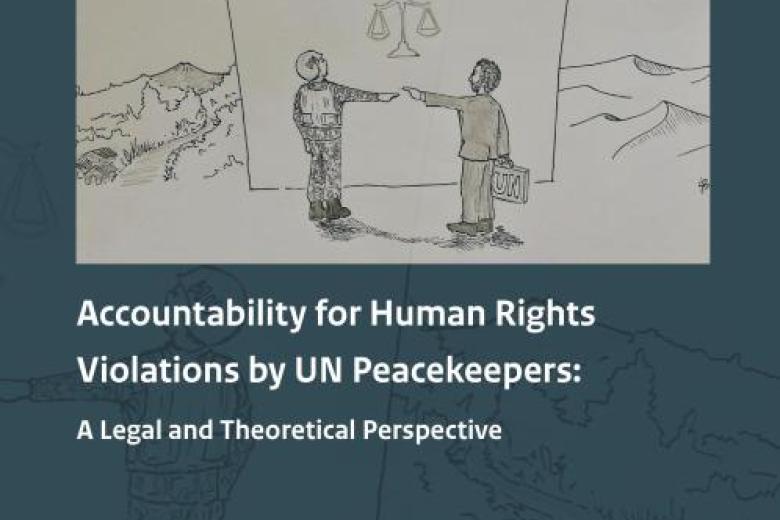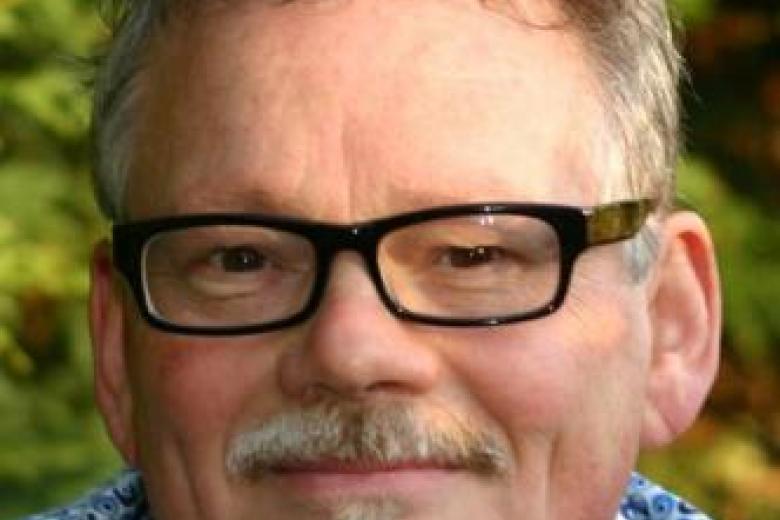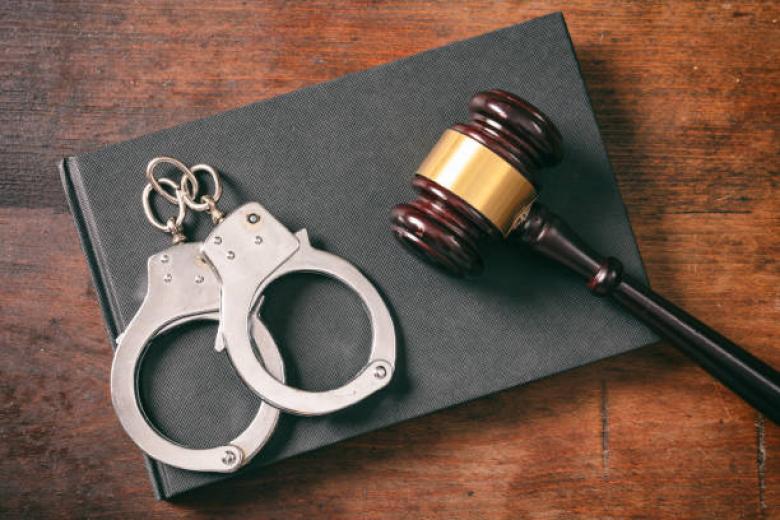Restorative justice should be further integrated into criminal law
Stichting Restorative Justice Nederland (Netherlands Restorative Justice Foundation, RJN) and Maastricht University (UM) will submit a joint bill proposal to the Parliamentary Standing Committee for Security and Justice this Tuesday. The ultimate goal is to further integrate restorative justice into the Dutch Code of Criminal Procedure. Restorative justice focuses on mediating between the conflicting parties, including the victim of the crime, and highlights the losses sustained by the victim. The bill proposal, a citizens' initiative, was developed with the help of a think tank consisting of more than eighty professionals from the scientific and criminal law communities.
Legislative provisions for restorative justice indispensable
According to the initiators, legislative provisions are indispensable for the development of recovery-oriented criminal procedural law. Without explicit rules governing restorative law in the Code of Criminal Procedure, there is a good chance that legal uncertainty will remain high. In practice, this will result in considerable differences between the districts: an experienced lawyer in one district will know he can request mediation while a less experienced lawyer in another may not. In addition, major discrepancies will continue to exist in the mediation requests submitted by police officers, prosecutors, and judges. Nothing in our current criminal code stands in the way of the development of the restorative justice process. In fact, this development is currently well underway. Nevertheless, the initiators of the bill find Article 51h of the Dutch Code of Criminal Procedure to be lacking in detail and too lax for the promotion of recovery-oriented criminal procedural law.
Putting conflicting parties first
Criminal law is by its very nature offender-oriented. Its main focus is on the crime committed by an offender. The victim only plays a minor role as the witness and the one reporting the crime. Restorative justice focuses on both conflict parties, including the victim, and on repairing the damages caused by the criminal offense. European legislation enacted in 2001 was largely responsible for encouraging the Netherlands to sharpen its focus on mediation during criminal cases. Ten years later, it led to the implementation of Article 51h of the Dutch Code of Criminal Procedure. In the years that followed, more criminal cases incorporated mediation into its processes. The most recent development in the field of criminal law is that victims have the right to issue their own statement during a trial, instead of merely answering questions as a witness. For several years now, police officers and judicial authorities have been required to update victims on developments in criminal investigations and criminal proceedings. Moreover, it is also possible for victims in the Netherlands to play an active role in a court case and file a civil damages claim. The bill initiators used these and other experiences to substantiate their case.
'A necessity, not a luxury'
'A sound statutory basis, albeit in moderation and in the right proportions, is the best way to ensure that recovery-based justice will be incorporated into criminal procedural law. Restorative justice is a necessity, not a luxury,' according to restorative justice experts Jacques Claessen (UM) and Gert Jan Slump (RJN).
Also read
-
Legal redress for victims of UN soldiers
“Wie als slachtoffer zijn recht zoekt, verdwaalt gemakkelijk in juristerij en een wereld waarin veel onbestraft blijft”, aldus Steven van de Put, promovendus aan de universiteit Maastricht. “Dit moet én kan anders. Het kan niet zo zijn dat individuen of groepen van individuen die iets ergs is...

-
Cross-border inter-organisational cooperation in crime control
The Netherlands Organisation for Scientific Research (NWO) has awarded a grant under the SGW open competition to a research proposal written by Prof Dr Math Noortmann (Institute for Transnational and Euregional cross border cooperation and Mobility / ITEM) and Prof Dr J.B.M. Koning (UM School of...

-
Conference Criminal Law: Globalized crime and criminal justice: European and international criminal law perspectives
This conference aims to compare and critically assess the developments in European Criminal Law and International Criminal Law. The conference sets out to analyse differences and similarities with regard to a variety of different aspects of criminal justice in a globalized world.
